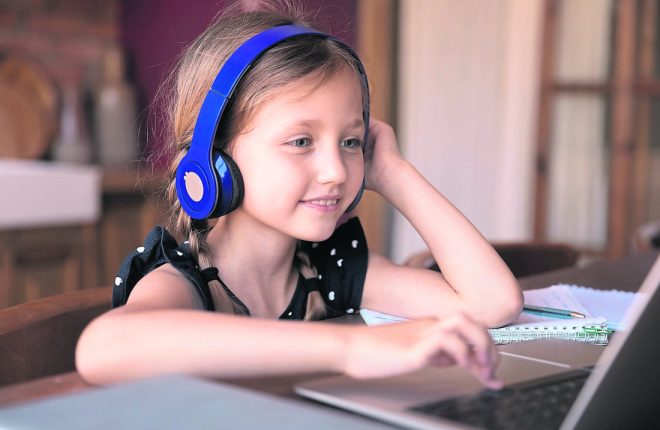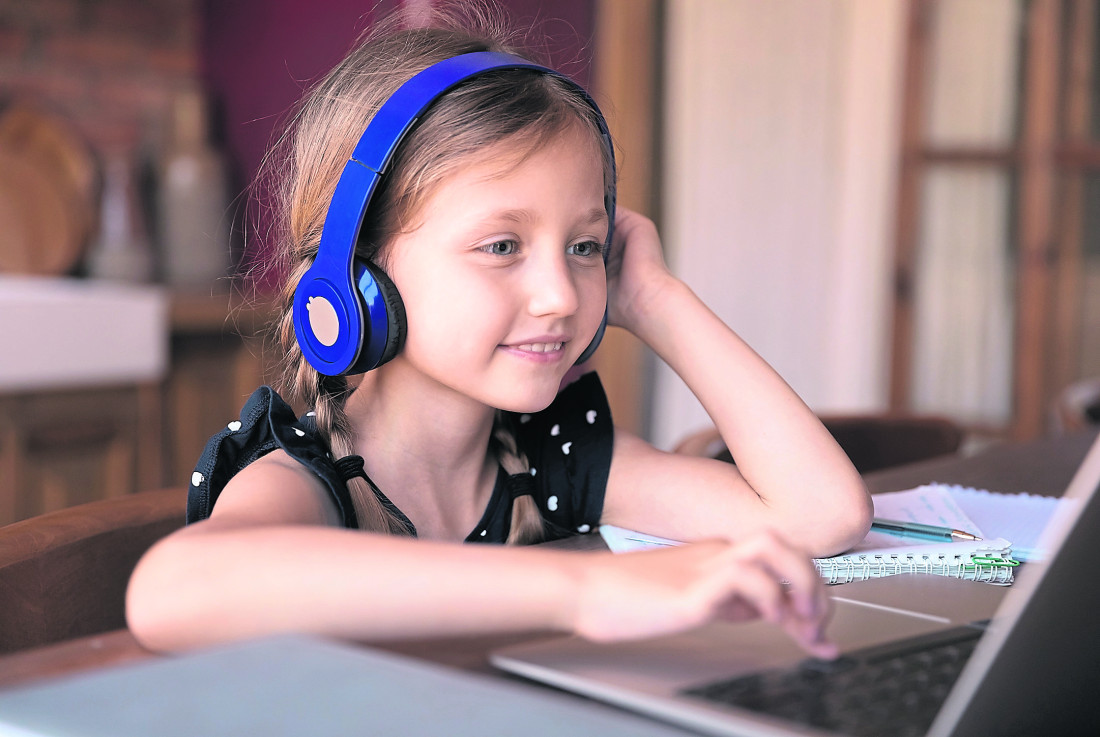
Apps for children can be useful when it comes to learning another language.
Kids overindulging in screen time can lead to all sorts of battles at home, but this week, I’m focusing on the best app that my daughter uses on her tablet; Duolingo.
According to a quick google search, Duolingo is the most popular language-learning platform and the most downloaded education app in the world, with more than 500 million global users. As a French teacher myself, my 10 year old daughter Lucy has been keen to pick up a few words of the language sooner rather than later. Truth be told, I find it hard enough to keep the show on the road, cooking dinners and sorting laundry after work. Even though I know I should, teaching her French has taken a back seat.
“I’ll get around to teaching you a few things before you start secondary school,” I said to placate her. Unimpressed and undeterred, she decided to take matters into her own hands and downloaded Duolingo last year.
At first, I watched with curiosity as she powered on independently in her pursuit of language learning. Curiosity soon turned to awe when I saw how much French she was picking up thanks to Duolingo – and also how much she was enjoying engaging with the language on the app. One of Duolingo’s most significant advantages is its ability to make language learning fun. The app employs a game-like structure where users earn points, level up, and achieve goals, which keeps learners motivated. The inclusion of rewards and streaks also encourages daily practice.
Duolingo’s lessons are designed to be short and manageable, typically taking less than three minutes to complete. By breaking down lessons into small, digestible chunks, Duolingo ensures that learners do not feel overwhelmed. This ‘little and often’ approach is a very effective way of engaging with a language. Furthermore, the app issues regular updates on your child’s progress via email, as well as reminders to practice, lest they forget!
The app’s interface is highly interactive, incorporating brightly coloured images, short audio clips, and manageable text, catering to different learning styles and helping learners to better understand and retain new vocabulary and grammar rules.
Duolingo also uses adaptive learning technology to tailor lessons to the individual needs of each user. This means that the app can adjust the difficulty of exercises based on their performance, ensuring they are neither bored with content that is too easy nor discouraged by content that is too difficult. Words that a user finds tricky are repeated more often in their lessons to help them sink in. Language learning relies heavily on repetition for the reinforcement of new concepts and Duolingo’s spaced repetition ensures that learners review words and phrases frequently to improve long-term retention. There are more advantages and clever learning strategies that I could list, but hopefully I’ve said enough!
Pupils from third – sixth class will begin to learn foreign languages such as French or Spanish at school from 2025 under the primary school curriculum reform. This is a fantastic initiative, and giving kids a head start by downloading Duolingo will be a massive boost for them.
Lucy also uses Duolingo to improve her Irish. It’s a subject that she finds quite tricky at school, but she’s really enjoying the bite-size lessons on Duolingo. I know for a fact that it’ll help her, and she knows it too. Hand on my heart, Duolingo is a fabulous educational tool – it’s fun and it’s free. Make the summer screen time count for something and download Duolingo today!
Louise Flanagan is an admin of Letterkenny Babies Facebook page and the author of the children’s book series, Dragonterra and Dream Beasts. www.dragonterra.ie










